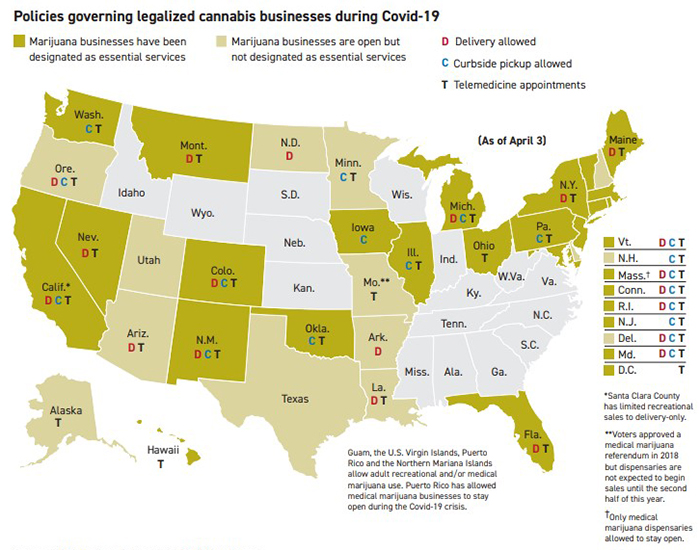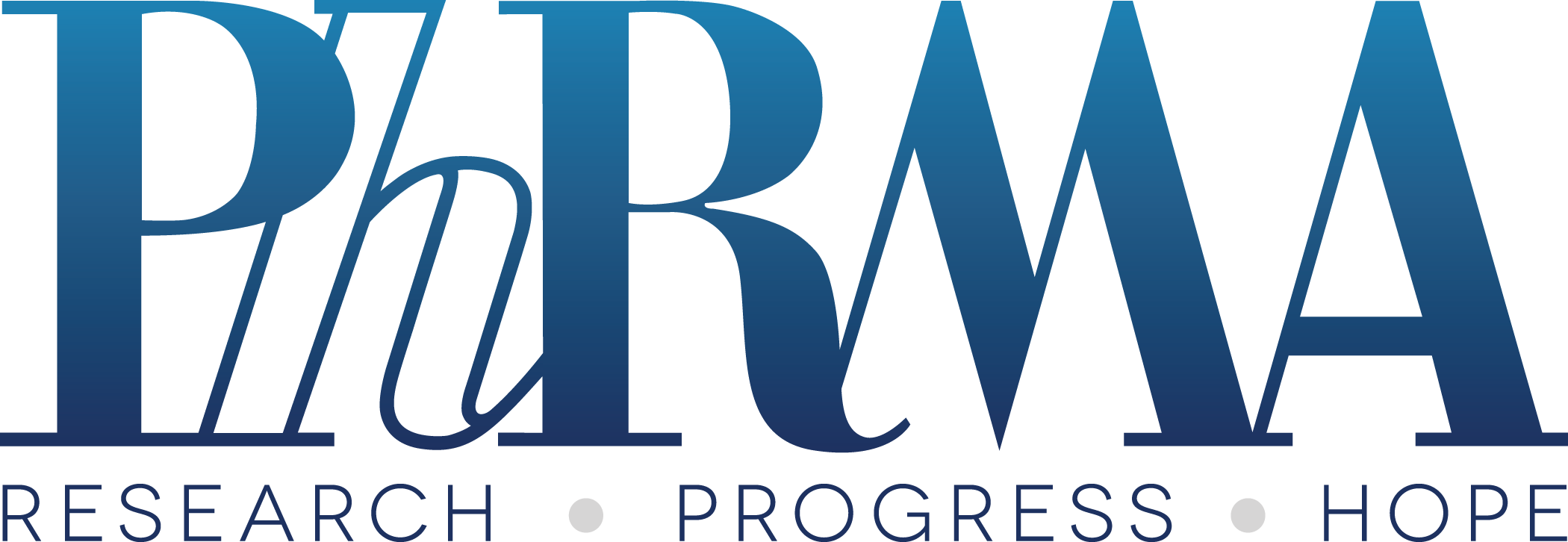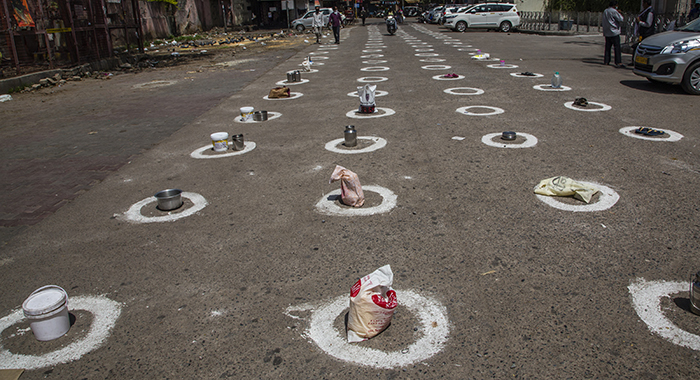 |
|||
|
|||
POINT OF CONTACT — Contact tracing is at the heart of new plans announced today by a group of states in the Northeast and
the West Coast to work together to reopen the economy and lift social distancing measures. Even without a vaccine, contact tracing — methodically keeping tabs on people who have been in close quarters with a coronavirus carrier and forcing them to quarantine — could allow
cities and states to slowly reopen some schools, offices, restaurants and other businesses.
This process — test, track and isolate — is one that public health workers have used time and again to contain outbreaks of sexually transmitted diseases like syphilis and of viruses like Ebola. With Covid-19, the questions over how widely the disease is spread through asymptomatic transmission creates some challenges to contact tracing. Still China, South Korea, Singapore, New Zealand, Iceland and other countries have been using it to help keep the virus contained.
But the United States will struggle to put it into practice. Many states, including Texas and Kansas, are still slow to get rapid diagnostic testing up and running, and contact tracing poses an even bigger challenge.
The biggest stumbling block? It's labor intensive work. Wuhan, which has a population of 11 million people, has 9,000 contact tracers. At that rate, the U.S. would require 265,000 contact tracers, according to
a study from the Johns Hopkins Center for Health Security and the Association of State and Territorial Health Officials.
Massachusetts is hiring and training 1,000 workers — and paying them $20 an hour
— to start making calls to people with positive test results to find out who they were in touch with before they developed symptoms, and then get in touch with those people, too. San Francisco is training about 100 volunteers including university researchers and is recruiting another 50, according to George Rutherford, a UCSF epidemiologist leading the efforts. San Francisco is also asking city employees and librarians to volunteer for the efforts. Rhode Island is redirecting its state workforce to help with contact tracing, and Alaska is relying on its existing network of community health workers, said Marcus Plescia, chief medical officer at ASTHO.
Utah is redirecting state workers and looking to hire more staff.
Existing workforce and volunteer efforts won't be enough, said Anita Cicero, deputy director of the Johns Hopkins Center for Health Security. Congress, according to the Hopkins report, will need to direct $3.6 billion to states so that they can hire 100,000 workers for contact tracing. Two Senate Democrats
introduced legislation today that would redirect AmeriCorps workers, FEMA employees and PeaceCorps volunteers to state health departments for efforts like contact tracing.
The White House hasn't created a centralized plan for contact tracing, but CDC Director Robert Redfield said the agency has 600 workers in the field helping states.
The coronasurveillance state.
Taiwan, South Korea and Singapore are using data like cell phone GPS records and credit card transactions to track people. Americans may not accept the privacy sacrifices such approaches require. And even as companies like Apple, Google and others work to develop apps to trace positive cases
, technology can't replace public health workers. Apps still require thousands of public health workers to call people who tested positive for the virus and track down others they had been around. Apple and Google said they are working on an approach that doesn't track users, but the system hasn't been built, and would rely heavily on user trust.
Other states need to start finding and training workers now if they want to safely reopen their economies, Rutherford said.
"They can't screw around" and wait until the summer, he said. "We have to do it, or there's not an alternative." Test, track, isolate — and hire.
Welcome to POLITICO Nightly: Coronavirus Special Edition,
a nightly intelligence brief from our global newsroom on the effect of the coronavirus on politics and policy, the economy and global health. Please don't judge me too harshly for taking the weekend off from coronavirus news by binge watching Unorthodox and catching up on some old favorites: Raising Arizona and Brewster's Millions. Reach out with tips: rrayasam@politico.com and @renurayasam.
|
|||
|
A message from PhRMA:
In these unprecedented times, America's biopharmaceutical companies are coming together to achieve one shared goal: beating COVID-19. We are rapidly screening our vast global libraries to identify potential treatments and have 284 clinical trials underway. Explore our efforts.
|
|||
|
|||
PANDEMIC POLITICS — Texas Democrats had Beto O'Rourke in 2018. Now, the coronavirus is running atop their ticket, Christopher Cadelago
and your host write. The combination of the deadly outbreak and a collapsing oil market has driven Texas Republicans into an unfamiliar defensive crouch
. Democrats have long hoped to turn the state blue, and despite O'Rourke's narrow loss to Republican Sen. Ted Cruz two years ago, they flipped 14 seats in the GOP-run statehouse and state Senate and two congressional districts. While the pandemic is unlikely to swing the state's biggest contests in 2020, including the one for the White House, many in the state believe it could hurt Republicans in down-ballot races. In the House, Texas Democrats are targeting seven seats and defending two, mostly around the suburbs of the largest cities: Houston, Dallas, San Antonio, Austin, El Paso and Fort Worth. Legislative Democrats need nine seats to win the Texas House — all districts
O'Rourke carried in 2018.
|
|||
|
HOW DOES THE ECONOMY RECOVERY? FIND OUT TOMORROW: The American economy is shut down, but preparations are being made to climb back from the deadly coronavirus pandemic. What will the recovery look like and how long will it take? Join POLITICO chief economic correspondent and author of Morning Money Ben White for a virtual conversation with
Michael Feroli, Chief US Economist, JP Morgan to discuss whether a quick V-shaped recovery is possible given the severity of job losses, how effective Congress and the Federal Reserve have been in cushioning the blow, and whether markets have hit rock bottom, or there's more pain ahead. Have questions? Join the conversation. REGISTER TO PARTICIPATE HERE.
|
|||
|
|||
ANTIBODY BLOWS
— Antibody tests, which show whether someone has been exposed to the coronavirus and presumably has some immunity to reinfection, have been held out as the key to reopening the U.S. economy. In theory, workers with coronavirus antibodies could, quite simply, go back to work, even without an expensive and labor-intensive system of contact tracing and isolation program.
There's one big problem with this idea, our executive editor for health care Joanne Kenen
tells us. As FDA Commissioner Stephen Hahn warned over the weekend, many of the antibody tests coming onto the market may not be accurate. And the last thing the country needs is a second testing fiasco. If there are a lot of false positives, unprotected — and misinformed — people could get sick themselves, and sicken others.
At today's White House briefing, Coronavirus Response Coordinator Deborah Birx said a better test will soon be available, 20 million a week. That's progress — but still short of what several leading public health figures estimate will be needed. Plus, just about every testing initiative started over the last few months has underperformed at least at the outset. Antibody testing is not an exotic, brand-new endeavor. But scaling up takes time — and it's never clear from one day to the next how much time the Trump administration wants to give it.
The Centers for Medicaid and Medicaid Services still sees antibody testing as a valuable tool and announced this weekend that antibody testing and related health care visits would be free for Americans, just like diagnostic testing.
David Lim has a
get-smart-fast guide to what you need to know about antibody tests.
There's still a degree of guesswork in our understanding of coronavirus immunity — how much protection do the antibodies really indicate, and how long does the protection endure? Bottom line: There's probably some immunity, and it probably lasts up to a year. Probably.
CANNABIS IN THE COVID ERA
— Most medical and recreational marijuana dispensaries remain open despite the public health crisis, even if they've had to alter how they sell to buyers. Cristina Rivero shows how states have adjusted their regulations for the cannabis industry.
|
|||
 |
|
||
Our question for our readers this week: How will you measure when this pandemic is over? What is your personal yardstick for a return to normalcy? Use the form to send us your responses, and we plan to feature several later this week.
|
||
|
||
How will slowed access to loans for small businesses affect the economic recovery?
"It is one thing to send out a stimulus check to citizens. That can be done in a matter of weeks. It is another thing to go out and to create these bridge loans for these small businesses. The banks will be, essentially, handling this, and it is unreasonable for the government to expect the banks to do due diligence on every single application. The banks need to be told, 'You need to accept as the truth what the applicants are actually saying.' It's a tradeoff. Some people will take advantage of this. But the cost of delay and making the process very bureaucratic is that firms will fail. If firms fail, there won't be jobs to go
back to when the biological problem is solved." — Campbell Harvey, Duke University economist, as told to Joseph Guinto for POLITICO Magazine
THE ECONOMIC WAR — In the latest episode of POLITICO Dispatch, chief economic correspondent Ben White looks at the steps the world's leading economies are scrambling to take
to avert a global economic depression.
|
||
|
|
||
|
||
17 percent
— The decrease in new hospitalizations for Covid-19 in New York City at the end of last week — 383 people were admitted to hospitals on Saturday, down from 463 on Friday. Across the city's public hospitals, there were 835 people in intensive care units, down from 857 the day before. The percentage of patients tested for coronavirus who came back positive declined slightly, from 59.3 percent to 58.1 percent. (h/t New York Playbook co-author Erin Durkin)
|
||
|
CORONAVIRUS PRICE GOUGING AND FRAUD? LEARN MORE TOMORROW: Fraud complaints and price-gouging tied to the coronavirus have spiked. Join POLITICO technology reporter Leah Nylen tomorrow at 4 p.m. EDT for a virtual discussion with FTC Commissioner
Noah Phillips about what is being done to protect consumers in the midst of this once in a century pandemic. In addition, they will detail how the FTC is responding to complaints from Zoom users who say that their video conference calls have been hacked. Come with questions and we'll get to as many as they can. REGISTER TO PARTICIPATE HERE.
|
||
|
||
HIDDEN FIGURES — Nursing homes have emerged as a blind spot for Covid-19 around the world, with many deaths reported late
or not at all in official figures, but Belgium and Ireland have precise reporting, our Ryan Heath writes. In Ireland 54 percent of Covid-19 deaths occurred in care homes. In Belgium, today's daily updated figures show 1,687 nursing home Covid-19 deaths, 43 percent of the country's total.
But in the U.K., the latest official figures show just 20 deaths from 450,000 nursing home beds, an implausibly low number. Channel 4 News today reported 13 Covid-19 deaths in a single home in Northern England.
Some countries, such as France, initially excluded deaths in nursing homes from their pandemic death toll. France now includes 4,900 care home deaths in its statistics. The Spanish government admitted the military found older people "dead and abandoned" in some homes, and now says that in Madrid alone more 4,300 nursing home residents have died from the virus.
| ||
|
|




No comments:
Post a Comment
Note: Only a member of this blog may post a comment.